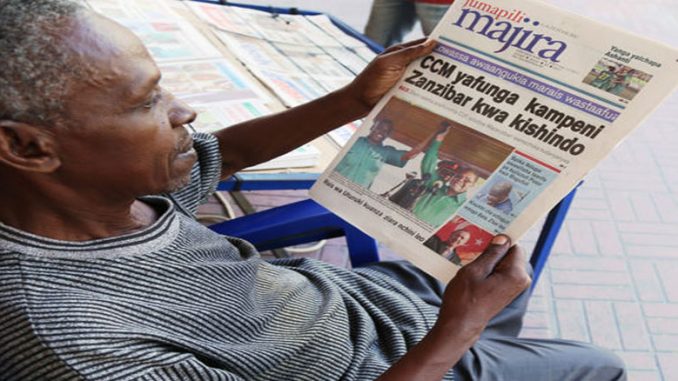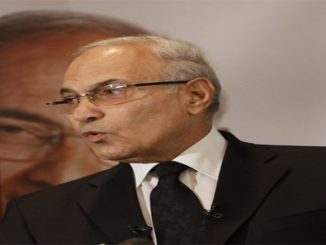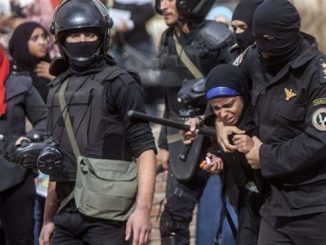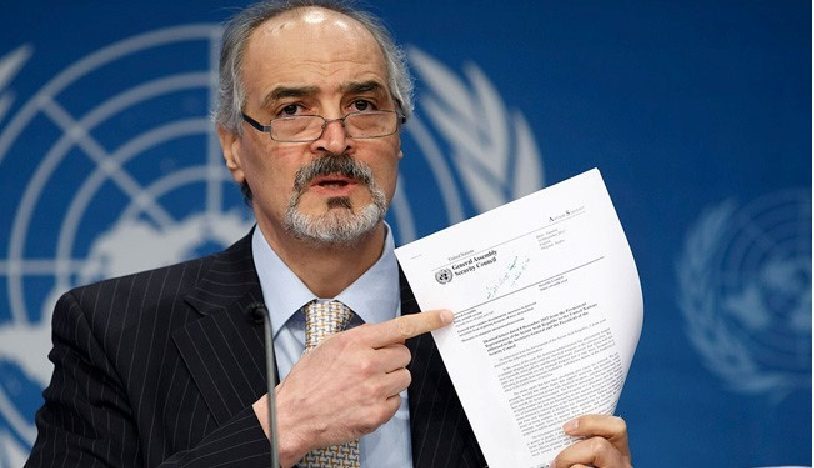
Turkish interest towards Africa was first globally evidenced in 1998 when Turkey adopted the Action Plan for Africa.
Turkey received the observer status in 2005 before being accepted as a strategic partner of the African Union and a non-regional member of the African Development Bank. Since then, bilateral and multilateral conferences and summits focusing on Africa have multiplied.
“Africa’s priorities are Turkey’s as wellWe share a common fate. We consider the priority of the African continent as our priority. There is a nice African proverb that says one day’s rain cannot get deep into the soil. We would like to remain friends forever,” Turkish President Erdogan said at the Turkey-Africa Economic and Business Forum in Istanbul on November 2, 2016.
Trade ties:
Turkey’s moves to gain more influence in African trade is “at the point of no return” and “should go on” despite the presence of giant competitors on the continent according to economic analysts.
Trade volumes between Turkey and Africa went from roughly USD 5.5 billion in 2003 to close to USD 18 billion today.
President Recep Tayyip Erdoğan’s visits to Tanzania, Mozambique and Madagascar with a delegation of representatives from the Turkish business world, slated from Jan. 22-26, are expected to strengthen Turkey’s economic ties with the “dark continent.” Turkey’s first official visit to these countries points to the immense potential these countries have for Turkish investors.
Turkish delegation led by President Erdoğan first arrived in Dar es Salaam, the capital of Tanzania. Late Sunday, Erdoğan and other Turkish officials met local businessmen in the capital and discussed ways to improve bilateral relations and trade between Turkey and Tanzania.
Foreign Economic Relations Board (DEİK) Turkey-Tanzania Business Council President Aytaç Dinçer noted that Tanzania, which has shown the highest economic performance among sub-Saharan African countries in the last decade, is a key asset to Turkey’s business sector, saying that Tanzania’s economy has an average growth rate of 6 percent.
Underlining that Tanzania’s economic growth has been supported primarily by the sectors of construction, mining and services, Dinçer pointed out that Tanzania is a member of the East African Community Customs Union. Dinçer noted that the said country has many investment opportunities for the Turkish private sector, adding that investing in Tanzania could prove profitable for Turkey in terms of investments in mining, renewable energy, pharmaceuticals, textiles, construction and building materials, production and sales of agricultural machinery and in the meat and fishery sectors.
Recalling that the trade volume between the two countries has increased in recent years, Dinçer said, “We believe that relations between the two countries will develop rapidly as a result of our president’s visit.”
Stressing that Tanzania faced a roadblock to financing projects, as do all other African countries that struggle to finance such projects. Dinçer suggested that in order to solve this problem, Türk Eximbank and the African Export-Import Bank (Afreximbank) should develop cooperation, and Türk Eximbank should increase financing rates regarding the projects of Turkish investors and develop new financing solutions.
Madagascar offers tourism opportunities
DEİK Turkey-Madagascar Business Council President Yalçın Kıroğlu said that Madagascar’s economy grew by 4.5 percent this year, adding that the country, which is an island state with a population of 22 million people, has offered investment opportunities in many fields such as infrastructure, energy, tourism, mining and even the manufacturing industry.
Stating that countries like France, Canada and China have already invested in Madagascar, Kıroğlu said that the country is a real tourists’ paradise with its natural beauties and unexplored bays, highlighting that the virgin territory of the country is still in need of facilities and infrastructure.
“The accumulation of Turkish investors in the tourism sector here offers profitable investment opportunities for hotels and other tourism facilities,” Kıroğlu added.
Mozambique awaits to commercialize natural gas
DEIK Turkey-Mozambique Business Council President Erhan Barutoğlu pointed out that Mozambique could be the world’s largest liquefied natural gas (LNG) exporter after the commercialization of high-volume natural gas in its territorial waters.
Noting that the country is in a beautiful geopolitical position, Barutoğlu said that it offers access to rich underground resources along with operational and transportational resources.
Indicating that investment funding problems seen in some other countries are also encountered in Mozambique, Barutoğlu stated that Turkey’s presence in Mozambique and similar countriess, which are very important for both its exports and its raw material imports, should be seen as a great opportunity for Turkish entrepreneurs.
“It would not be wrong to say that Mozambique, which has been recognized around the world as the African country with the highest potential, is ready to embrace Turkish companies and Turkish products,” Barutoğlu said.
Diplomatic relations:
President Recep Tayyip Erdogan said Sunday Turkey intended to establish embassies in all African countries.
Speaking at Istanbul’s Ataturk Airport before departing for his four-day Africa tour including Tanzania, Mozambique and Madagascar, Erdogan said the goal was to have closer bilateral ties with all African states, a process he said started back in 2005 which was declared “Year of Africa” by the Turkish government.
Turkey was accorded observer status by the African Union the same year, and Turkey’s official policy of “opening to Africa” gained new momentum.
“Within this process, we have increased the number of Turkish embassies in Africa to 39 from 12.
“Our goal is to have embassies in all African countries, and turn Africa into a continent with which we have much closer bilateral ties,” he said.
The president noted that he would also be discussing the activities of Fetullah Terroist Organization (FETO) in Africa with the heads of all three African states including Mozambique, which he said would be the first state visit at the presidential level from Ankara to the southern African state.
“In this visit, we will – together with the representatives of [Turkey’s] Maarif (Education) Foundation – share our expectations from the respective authorities with regards to the fight against FETO… and what we can do in order to purge FETO from friendly and brother nations,” Erdogan said.
The president went on to say that FETO, which was “caught red-handed on the night of July 15 [coup attempt]” could no longer disguise itself as an educational or trade establishment.
“God willing, with the help of Maarif Foundation, TIKA [The Turkish Cooperation and Coordination Agency], and voluntary organizations, we will prevent this terrorist organization from being a threat for our country, nation and friends.”
FETO, led by U.S.-based Fetullah Gulen, has been accused of orchestrating the failed coup attempt of July 2016. The defeated coup left 248 people martyred, and around 2,200 others wounded.
Turkey’s government accuses the FETO terror network of staging the coup attempt as well as being behind a long-running campaign to overthrow the state through the infiltration of Turkish institutions, particularly the military, police, and judiciary.
Since the failed coup, operations have been ongoing in the military, police and judiciary, as well as in state institutions across the country, to arrest suspects with alleged links to FETO.
The terrorist group is also known for its network of hundreds of schools around the world.
So far, over 80 FETO organizations operating abroad, including schools and training centers, have been shut down or transferred to Maarif (Education) Foundation under Turkey’s education ministry.



